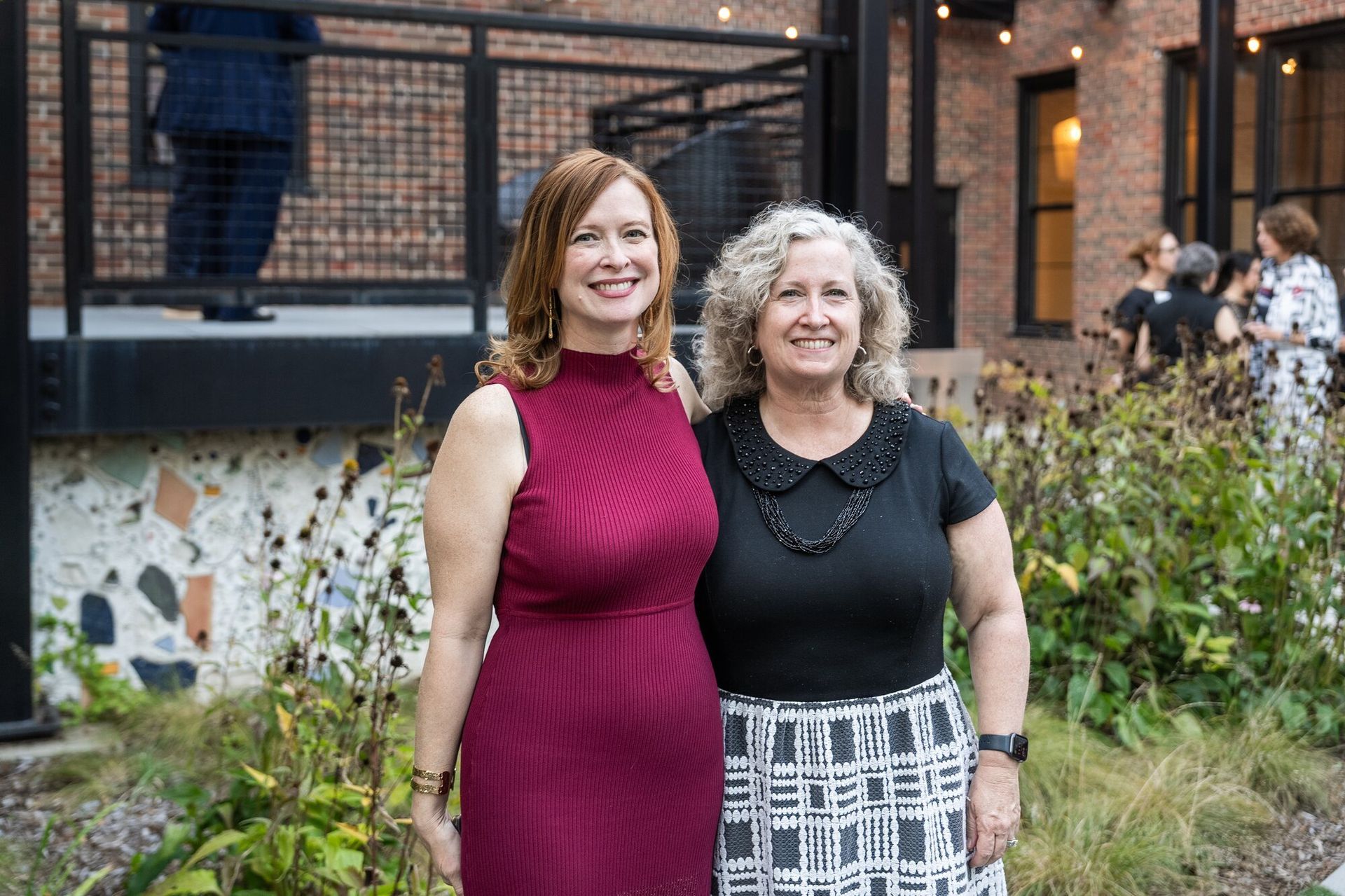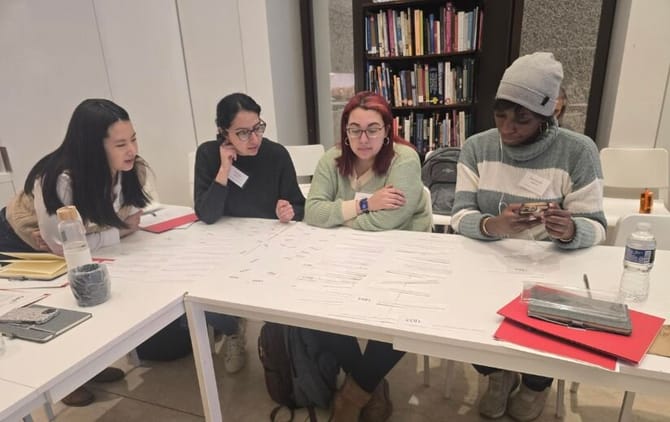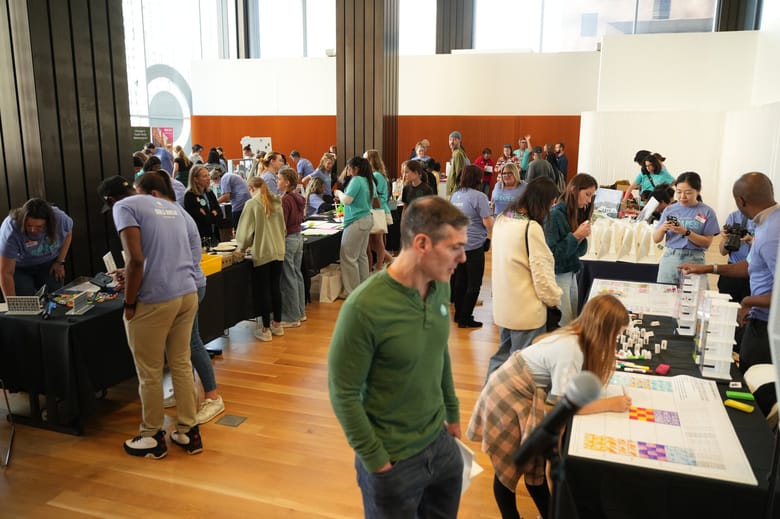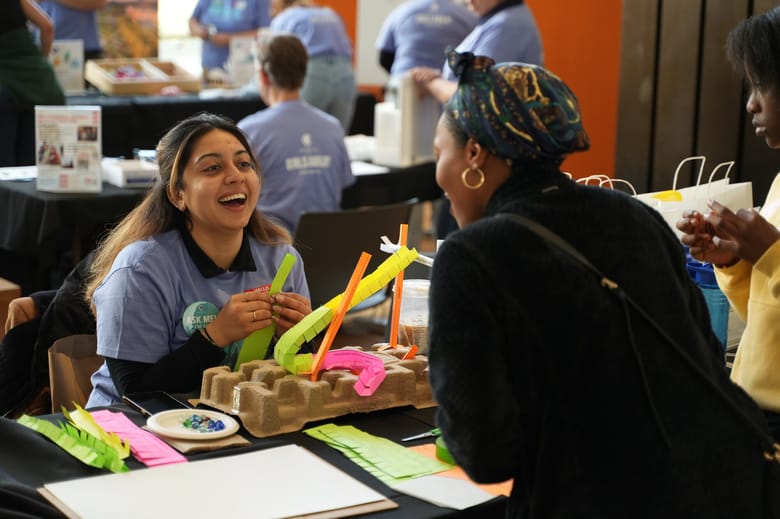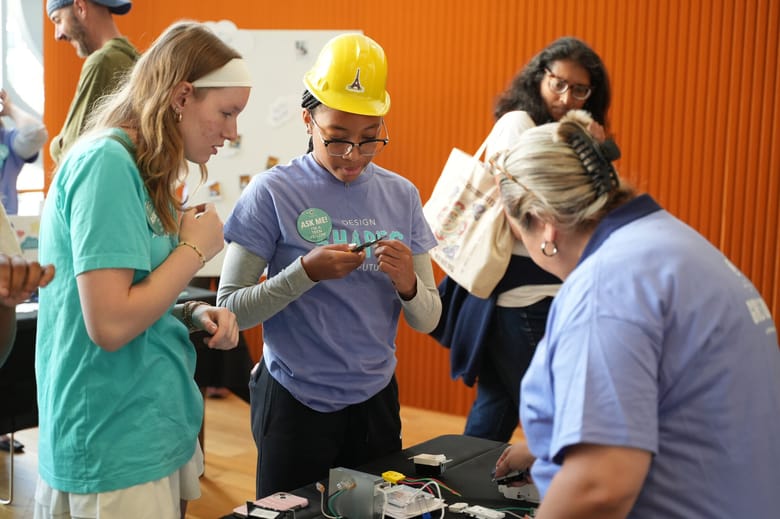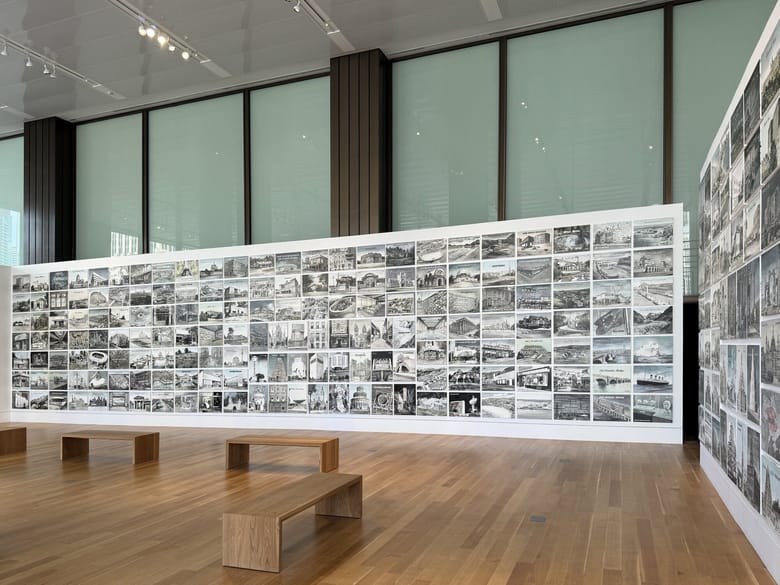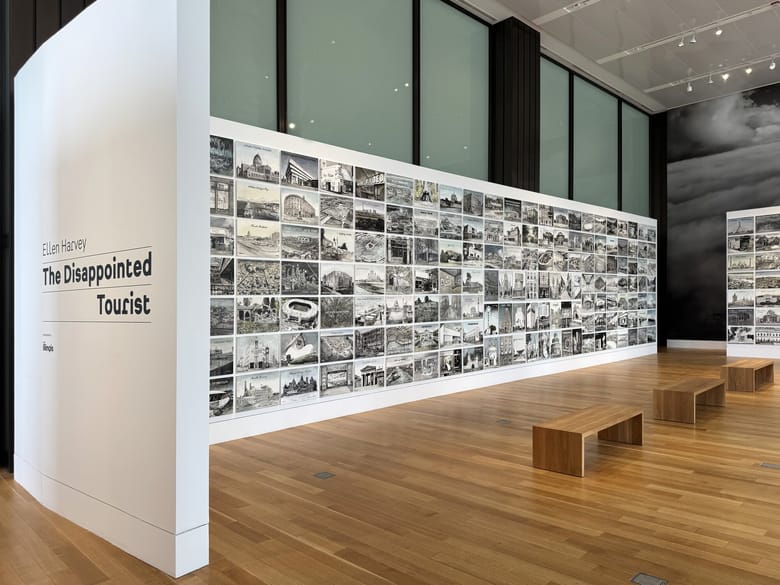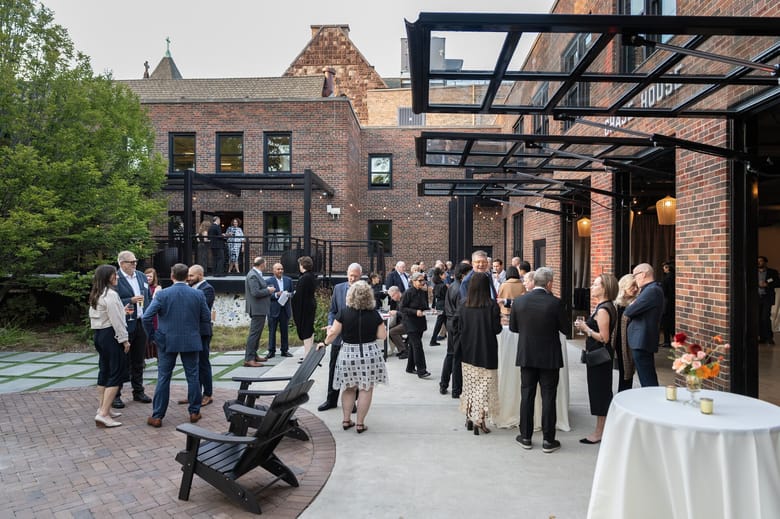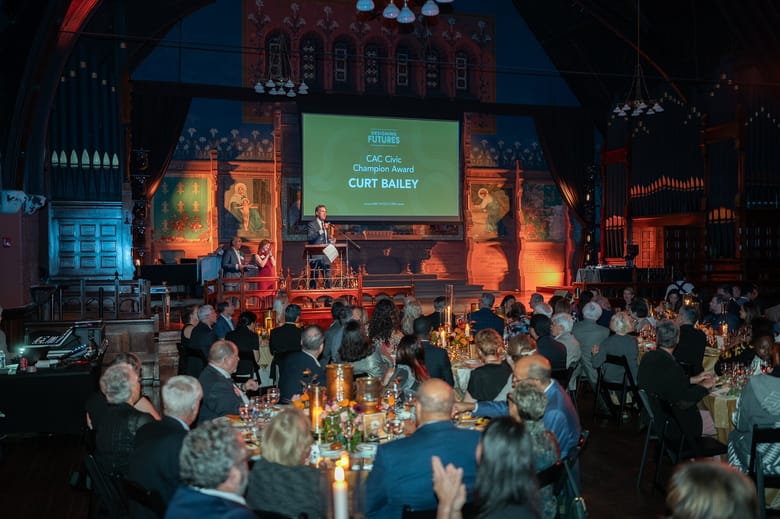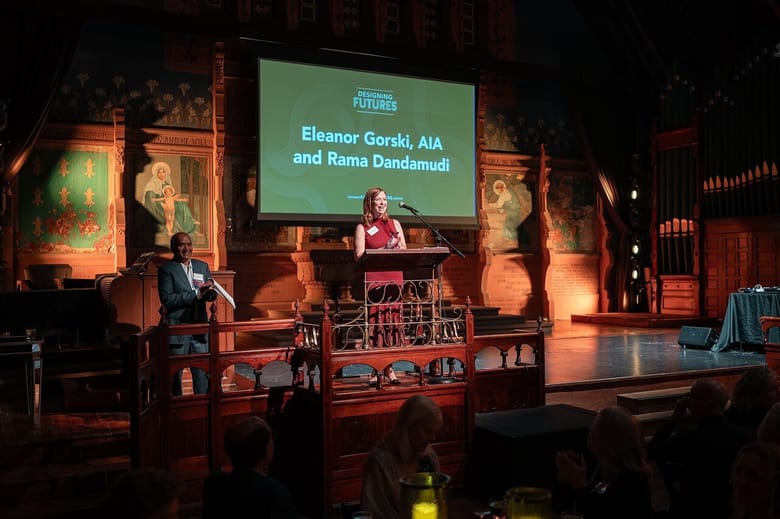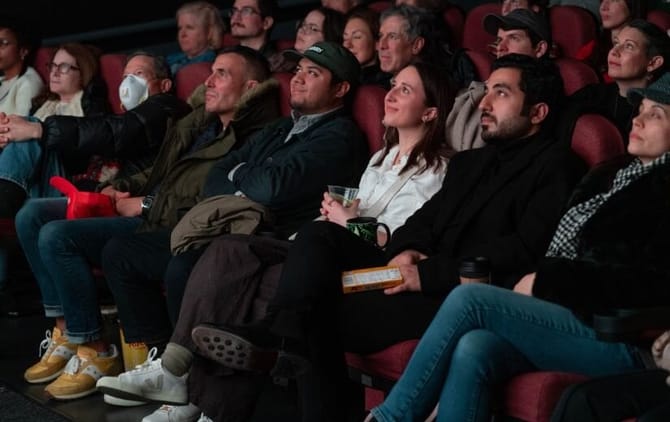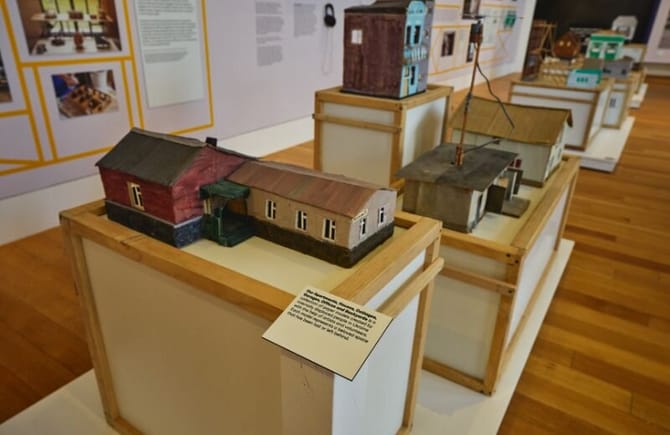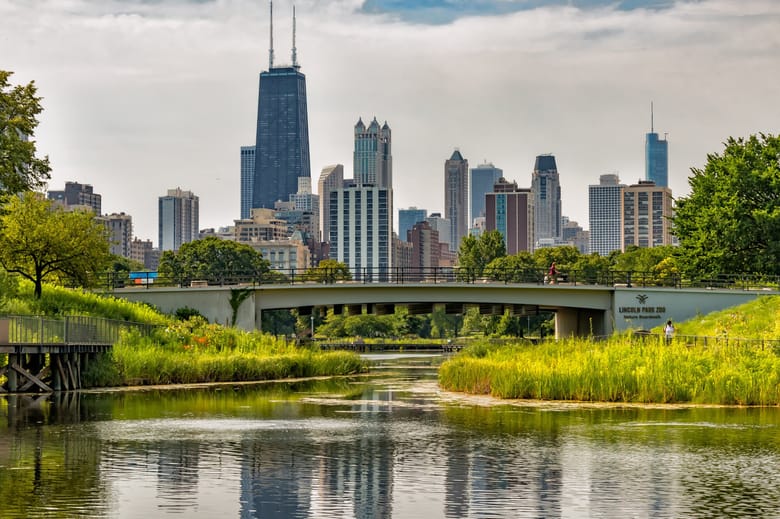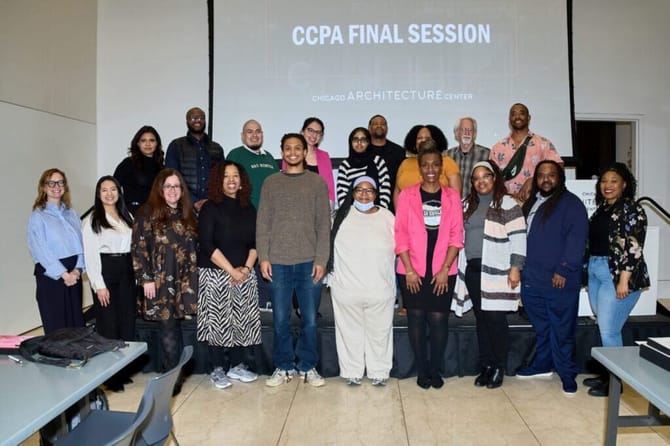This Free Program Is Teaching Chicago Residents How to Have a Voice in Urban Planning
By Eleanor Esser Gorski
Published in Better Magazine, July 2025
To many, urban planning feels like a mystery — something happening in the background until one day you wake up and that vacant corner lot is suddenly a coffee shop. As an architect working in city planning for most of my career, I know how these decisions get made. For the average resident in a large city like Chicago, navigating zoning codes or understanding who to talk to about a proposed development can feel like an insider’s game. Too often, city planning conversations exclude the people most impacted by the outcomes.
At the Chicago Architecture Center, we asked: What if more people understood the systems that shape their blocks, parks, grocery stores, and bus stops? What if Chicagoans — especially those in historically overlooked communities — had access to the tools to help shape their neighborhoods?
As a nonprofit institution that engages 500,000 people of all ages and backgrounds annually with design education, we felt uniquely qualified to tackle these questions.
These questions led to launch the Chicago Community Planning Academy (CCPA), a new initiative aimed at helping everyday Chicagoans reclaim their role in shaping the future of their communities.
Reclaiming Community Power
Launched in Jan. 2025 in partnership with the Center for Neighborhood Technology, the program brought together 20 Chicagoans from 11 neighborhoods on the South, West, and North sides — for an eight-week program to learn how to navigate and influence community planning and development processes. They dove into housing policy, zoning, Quality of Life plans, and other community development tools. They learned from real estate experts, lawyers, and academics. They visited with the emerging developers who created Starling by Duo/., a stunning reimagination of what neighborhood amenities can look like. They shared their lived experiences, frustrations, and hopes for the places they call home.
Participants included educators, artists, small business owners, and health workers — people already deeply engaged in their communities, but who hadn’t had access to tools and networks that drive city planning. That’s the heart of CCPA. It’s not about producing professional planners (though community planning academies do have mutually beneficial outcomes for professional planners and participants). It’s about equipping people with information they can use to start a neighborhood coalition, advocate at public meetings, or know what to look for when a new project gets announced. We’re cultivating a community of peers ready to take action.
“I found the resources and materials provided insightful,” says participant Veronica Torres Luna, a Brighton Park native who lives in Edgewater. “Something like looking up who the city planner was for our region or looking at a Chicago zoning map — I had never done that.”
A Participatory Vision for Chicago
The program was designed with equity at its core, building off successful models in Philadelphia and Baltimore. Most participants identified as People of Color, and many came from South and West Side neighborhoods where urban planning conversations are not common. It was free to attend, accommodating to work schedules, came with a stipend, and didn’t require prior planning experience.
These choices matter. In a city where urban planning was not always a priority, CCPA works to challenge the past while building toward a more cohesive and resilient future. Participatory urban planning can help us get there.
We’re on our way. The first cohort saw 100 percent completion. All participants now feel confident in finding and participating in community engagement efforts. Ninety percent said they can now confidently describe planning processes and feel equipped to propose solutions to city agencies based on community needs. That’s sowing the seeds for real change.
“This course could be a gateway to a career in planning — or simply provide tools for building a better community,” says participant Will Porter, urban gardener and retired arborist. “It’s for everybody who wants to be engaged civically.”

